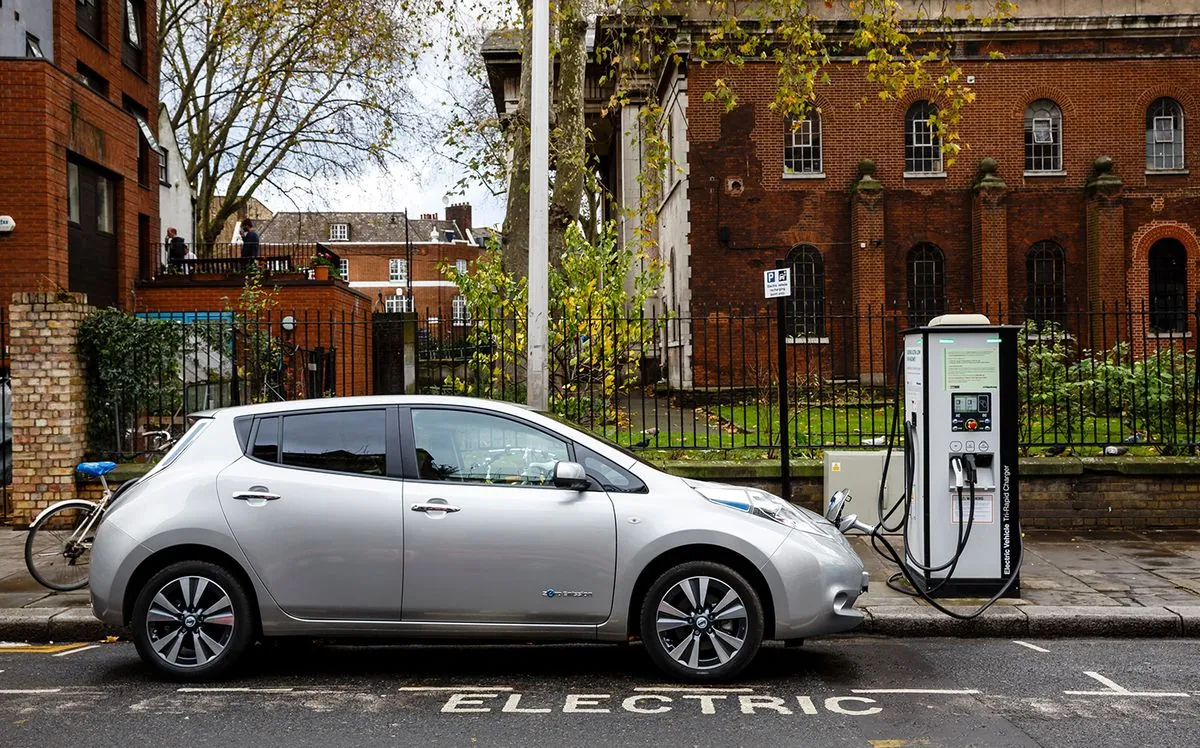UK's Electric Car Mandate Sparks Debate on Consumer Choice and Industry Impact
Government policies favoring electric vehicles over petrol cars in the UK have led to waiting lists and industry concerns. The shift raises questions about consumer freedom and the future of British car manufacturing.

In the United Kingdom, a significant shift in automotive policy has sparked debate about consumer choice and the future of the car industry. The government has implemented measures requiring at least 22% of cars sold to be electric, resulting in unexpected consequences for consumers and manufacturers alike.
Boris Johnson's administration introduced a ban on new petrol and diesel car sales from 2030, marking a pivotal moment in the UK's transition to electric vehicles. This policy, along with subsequent regulations, has led to a situation where consumers face waiting lists for petrol cars, with delivery times extending to February 2025.
The rationale behind these policies is rooted in environmental concerns. Electric vehicles produce zero direct emissions, potentially reducing air pollution in cities. However, critics argue that this top-down approach disregards consumer preferences and market dynamics.

The automotive landscape has changed dramatically in recent years. Five years ago, British car production was nearly double what it is today. The UK's car manufacturing industry, which employed over 180,000 people in 2023, is now facing additional challenges due to these new regulations.
"The rapid transition to electric vehicles, while well-intentioned, may have unintended consequences for British manufacturing and consumer choice."
The global context of this shift is significant. China, the world's largest electric vehicle market in 2023, stands to benefit from these policies. Chinese manufacturers, unburdened by the UK's high fuel and steel costs, can produce cheaper electric cars, potentially outcompeting European and American counterparts.
It's worth noting that the electric car concept isn't new. The first electric car was invented in the 1830s, long before the current push for electrification. However, modern electric vehicles have come a long way since then. The average electric car in 2023 could travel around 250 miles on a single charge, a significant improvement from earlier models.
The UK government has been actively promoting electric vehicle adoption. By 2023, the country had over 50,000 public EV charging points. Previously, grants of up to £2,500 were offered for electric car purchases until 2022, demonstrating the government's commitment to this transition.
However, the rapid shift raises questions about long-term sustainability. The average electric car battery contains about 8 kg of lithium, and concerns exist about the environmental impact of mineral extraction for battery production.
As the UK navigates this complex transition, it's clear that balancing environmental goals, consumer preferences, and industrial interests will be a challenging task. The global electric vehicle market, valued at over $250 billion in 2023, represents a significant economic opportunity, but also a disruptive force for traditional automotive industries.
The coming years will likely see continued debate and policy adjustments as the UK strives to meet its environmental targets while supporting its automotive sector and respecting consumer choice.


































